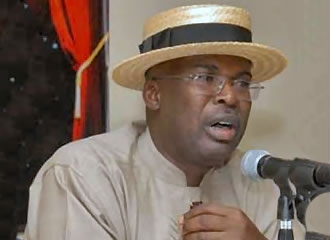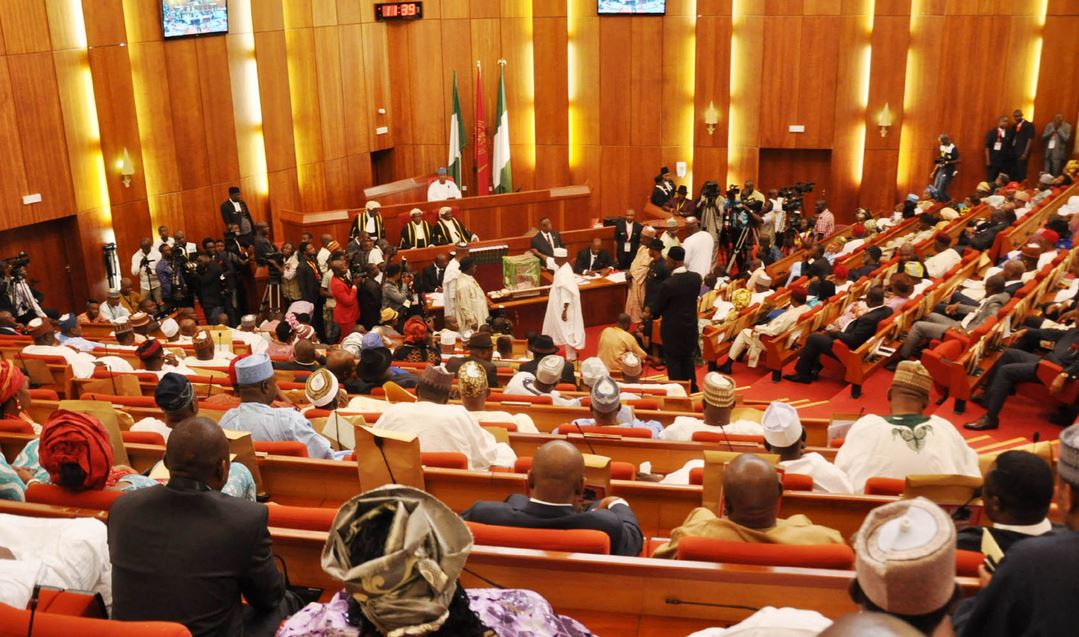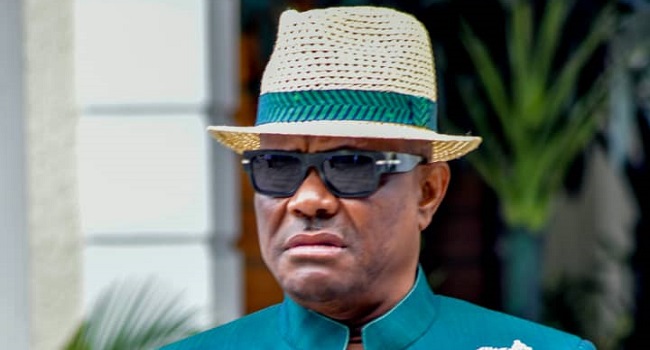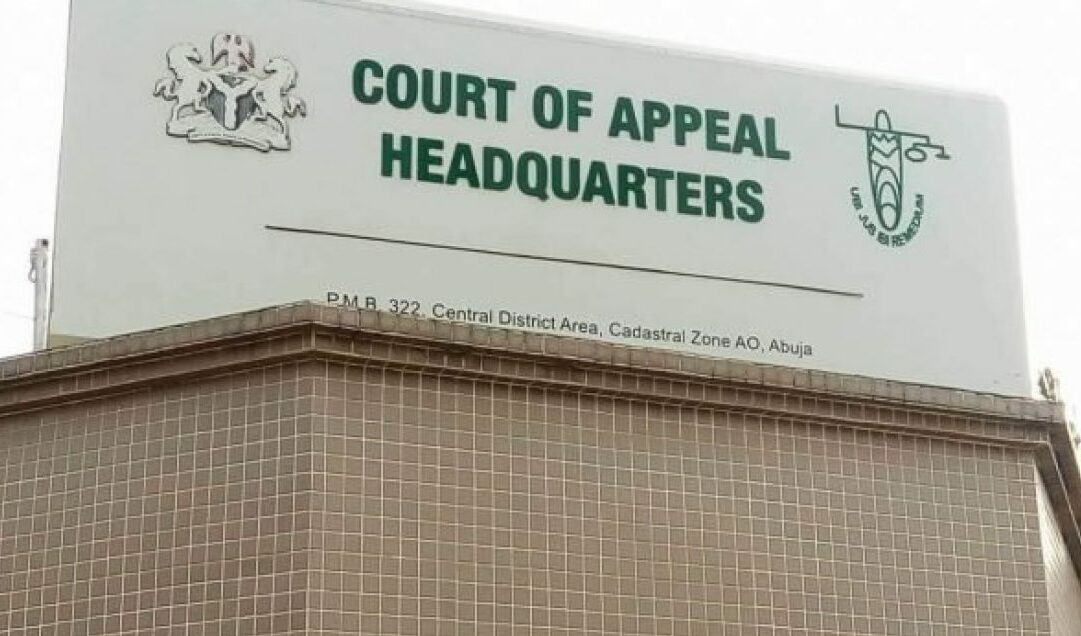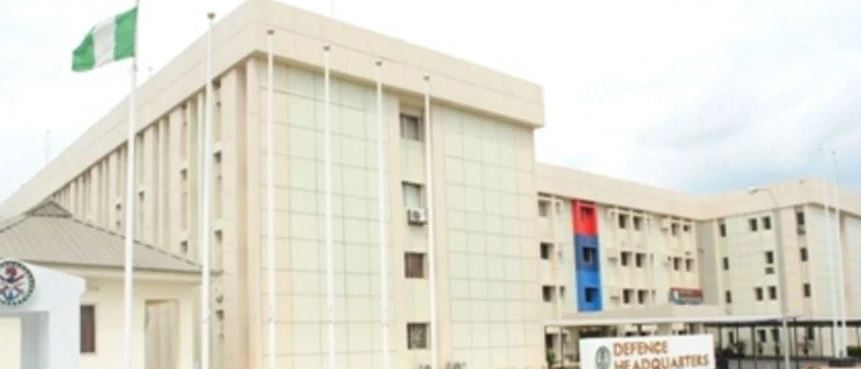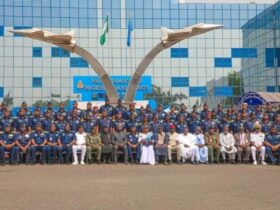…Only 4 per cent of the population use safely managed water in Borno- UNICEF
The UNICEF Chief of Maiduguri Field Office, Phuong T. Nguyen, at the commemoration of the 2024 World Water Day in Maiduguri on Friday said only 4 per cent of the population use safely managed water in Borno, according to the National Outcome Routine Mapping (NORM) 2021.
She added that there is the urgent need to increase investments to accelerate progress for both climate friendly water and sanitation services in Borno State and across northeast Nigeria.
Nguyen who stated this on Friday at Federal Girls College Assembly Hall Maiduguri on Friday during the commemoration of World Water Day 2024 Quiz debates and poems for peace competition among three selected schools , namely, FGC Maiduguri, GDSS Galtimati and GJSS Mairi with a Theme,” Water for Peace” said one thing we can agree on is that life would be impossible without water, especially safe water.
“Therefore, protecting our most precious resource – water – is a right. Be it water for drinking or water for food (agriculture), it is a must for human survival, and anything that tries to come between humans and water is a recipe for conflict.
“This means water is a tool for peace because it is inevitable for human survival. But why water for peace? The theme, ‘Water for Peace,’ endears to my heart as a humanitarian.
“The importance of water and the need to protect it cannot be overemphasized because water is life. Imagine a burning throat from thirst, yearning for water, and getting soothed once it finds water to quench it.
“Therefore, harnessing and safeguarding water to ensure it is always available, free from long queues and vandalism, is a recipe for peaceful coexistence in our IDP camps, communities, and the State at large Let’s bring that closer home. Access to drinking water is a human right. Any right taken away or threatened could lead to conflict,” Nguyen said.
The Chief of Field Office Maiduguri also observed that n Northeast Nigeria, access to clean water has been a challenge for many communities, exacerbating our already difficult circumstances.
But today, our collective actions can pave the way for a brighter future.
According to her, “by prioritizing water security and cooperation, we can sow the seeds of peace that will blossom into a prosperous tomorrow. Water scarcity breeds competition and conflict, driving people apart and deepening divisions. “
“By working together to manage and conserve water resources, we can build bridges of understanding and forge bonds of friendship that transcend differences. But while we have made considerable progress, access to safe water is still a mirage for millions of children, households and communities in northeast Nigeria.
” Despite efforts to improve WASH services in Borno state, access to safe water and sanitation remains a significant challenge. In a region often overshadowed by conflict and hardship, it’s crucial to recognize the transformative power of water in fostering peace and stability. Water is not just a basic necessity for life; it is a fundamental human right. It knows no boundaries, ethnicities or religions.
“I am glad to announce that UNICEF’s partnership with Government in northeast Nigeria to improve access to safe water is yielding results. In 2023, almost 900,000 people gained access to safe water supply services in the region while 46 schools and 11 primary healthcare centres were supported with Water, Sanitation and Hygiene (WASH) services.
“Together with the Borno State Government, we are pioneering the innovative Small Town Water Scheme which eliminates expensive and unsustainable water trucking system to communities affected by conflict and integrates networks of new and rehabilitated boreholes as well as water pipes powered by climate friendly solar system.
This is in addition to ground water studies and community-based water management team comprising local plumbers, mechanics and other artisans.
This achievement in Pulka and Damboa is a testament of progressive partnership and sustainable collaboration. I commend the Borno State Government for this lead!
“I also recognize support from our donors on whose shoulders we stand to support children and families affected by conflict. They include the Swedish International Development Agency (SIDA), Foreign, Commonwealth and Development Cooperation Office (FCDO), Central Emergency Response Fund (CERF) and German Development Bank (BMZ).
Nguyen explained further that “As for UNICEF, we will continue to work with Government and other stakeholders to address water insecurity and improve the wellbeing of girls and boys. For instance, UNICEF supported the fecal disposal of latrines in 110 IDP camps in 2023 to protect the most vulnerable children from contamination of water sources and disease outbreak.”
“We are also working with the Borno State Government to launch the Open Defecation-Free roadmap and hopeful of adding 5 more open defecation-free local government areas in northeast Nigeria in 2024!,” Nguyen said.
She urged all the boys and girls you to become champions of water for peace in your communities. Embrace the role of stewards of the environment, safeguarding our precious water sources for generations.
While advocating for policies prioritizing access to clean water for all, regardless of background or circumstance. And above all, lead by example, demonstrating through your actions the transformative power of unity in the face of adversity.
“As we celebrate World Water Day, let us reaffirm our commitment to building a future where every child has access to clean water, every community thrives in harmony, and peace reigns supreme.
“Together, let us unleash the full potential of water as a force for good, driving sustainable development and fostering a culture of peace that will endure for generations to come.
“As stakeholders, we must expand and scale up durable solutions like the Small-Town Approach in more Borno towns and adopt safely managed sanitation practices by addressing Fecal Sludge Management. Government must also support and promote private sector engagement in such initiatives.
.
“There is a need to prevent the vandalization and theft of WASH infrastructure in camps and communities. Vandalization and theft has reduced capacity to maximize returns from WASH investments.
“It is important to put appropriate safeguarding measures in place and strengthen relevant agencies like the State Emergency Management Agency (SEMA) and Borno Rural Water Supply and Sanitation Agency (RUWASSA) to support these measures,” Nguyen said
Goodwill messages on importance and use of water and hygienic water were delivered by representatives of SUBEB, RUWASA, Association of Nigeria Authors , University of Maiduguri, ministry of water resources
Highlights of the celebration include quiz, debates, poetic expressions and phrases , photographs and presentation of prizes to the competing schools and winners of the competition among others




